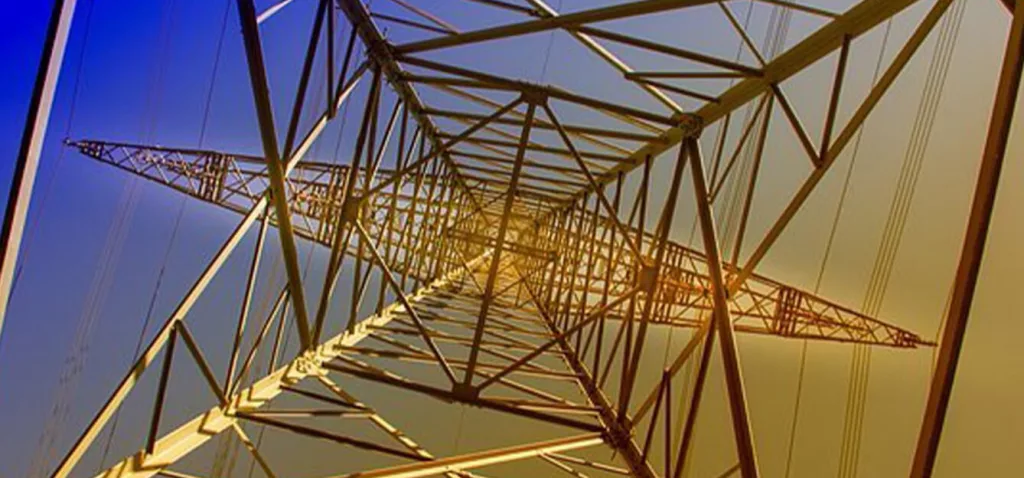NEPRA planning to increase charges for solar-powered houses by over 50%

The National Electric Power Regulatory Authority (NEPRA) is thinking of reducing the cost of purchasing power from solar-installed users from Rs. 19.32 per unit to Rs.
For net-metering customers who have installed solar-powered systems in their homes, NEPRA has announced the establishment of new tariffs. The final decision on this matter has not yet been made, thus the increased tariff may not have an impact on their bills.
This was emphasized by NEPRA Chairman Engr. Tauseef H. Farooqi during the public hearing on the 2015 Net Metering Regulation revision.
In case the regulatory body changes the rules governing net metering, the chairman of NEPRA stated that a new rate would be set for customers who had solar panels installed. The cost of solar net metering is currently Rs 19.32 per unit. The suggestion is to lower this rate to Rs. 9 per unit, though. The net-metered consumers will not suffer any losses as a result of the new levy, he claimed.
The NEPRA Chairman noted that no decision has been made regarding a change to the regulations. He added that there are presently 20,700 net-metered consumers in Pakistan, out of the country’s 3.6 million overall electricity users.
He emphasized the NEPRA’s jurisdiction and stated that although the regulatory body has the right to make judgments on its own, it has nonetheless scheduled a public meeting to debate the topic.
When the solar net-metering pricing was announced, he said that Pakistan was facing significant power sector issues; however, since Pakistan now has an installed capacity of about 41,000 MW, the situation has changed.
The Chairman of NEPRA added that it is entirely up to solar-installed users to choose whether or not to feed power into the grid. Customers are able to choose not to contribute power to the national grid if they believe doing so will cause them losses. The only goal of NEPRA is to relieve customers of their suffering. He also emphasized that Pakistan presently generates 5% of its electricity from renewable resources like bagasse, wind, and sunlight. The government is attempting to modernize Pakistan’s electrical infrastructure, nevertheless.
The solar-installed consumers voiced concerns during the meeting about the proposals, with a number of them stating that it seems NEPRA wants to discourage solar installation.
Numerous residents, including representatives from business organizations, the electricity sector, and the media, attended the public hearing. Additionally present at the hearing were engineers Rafiq Ahmed Sheikh and Maqsood Anwar Khan from NEPRA.
Consumers to Pay Bills Despite Using Solar Panels
The Pakistani electricity supply regulator, NEPRA, is planning to change its rules in such a way that users supplying power to WAPDA through net meters would likely suffer a loss of up to 20% while some consumers may now have to pay the bill. This puts consumers who have installed solar systems at their homes to reduce high electricity bills under serious “threat.”
According to the information, a number of consumers have written to the NEPRA’s registrar to express their opposition to the planned change to the organization’s rules, claiming that it will impede the use of solar energy in the nation. While some customers might still be required to pay the amount, a loss of up to D might happen.
The Pakistan Solar Association has also voiced its disapproval of the notice NEPRA published this month, which states that power delivery companies will now pay less for the electricity supplied by solar clients’ homes.
Notably, on August 24, NEPRA released a notice that was also printed in newspapers. In essence, the notification announces that NEPRA is changing the Distributed Generation and Net Metering Regulation, 2015, which will result in solar consumers paying the national average price of electricity rather than the national average price of energy per unit.
The authority has 30 days to receive public comments before NEPRA completes the law’s development.
According to Waqas Musa, a member of the Pakistan Solar Association’s executive committee, the new amendment will make it difficult for consumers to utilize solar panels to generate electricity because their cost will drop by between 10% and 20%.
NEPRA Plans to Buy Electricity From Solar Powered Consumers
A public hearing has been planned by the National Electric and Power Regulatory Authority (NEPRA) to change the regulations governing solar panels and net metering, which may result in higher electricity costs for homeowners with these systems.
According to a Nepra release, the hearing will take place on September 27, 2022, to discuss changes to the NEPRA Alternative and Renewable Energy Distributed Generation and Net Metering Regulation, 2015.

Previously, NEPRA had aimed to change these rules in order to about 30 percent lower the payment for distribution generators using net metering.
Net metering users who now deliver power to WAPDA would likely see a 20 percent loss, and some customers may now be obliged to pay the bill.
Govt to Add 4,320MW Through Solar Energy in the National Grid by 2031
According to the 10-year Indicative Generation Capacity Expansion Plan 2022–31, the system will eventually have 4,320 MW more net metering solar electricity, or 480 MW per year. Currently, 160MW of the system’s electricity comes via net metering.
However, due to the NEPRA’s recent decision to reduce the net metering tariff by 53 percent, the government’s ambitions to add 4,320 MW of net metering solar energy to the grid within the next ten years are expected to run into trouble.
In order to lower the net metering tariff from the current Rs. 19.32/unit to Rs. 9/unit, NEPRA has suggested a modification to the net metering regulations for 2015. The judgment will deter future net metering investment, which will harm the government’s ambition to add 480MW of electricity to the system each year.
The proposal stated that for the first time, the impact of the country’s rising demand for net-metering connections has been taken into account. The Alternative Energy Development Board provides the Net Metering targets (AEDB). It is important to note that because the generation through net metering will also help to reach the renewable energy targets, the net metering targets in this plan are modeled at the supply side.
You can also invest in other famous and most in demand housing societies, such as , Blue World City, Rudn Enclave, 7 Wonders City Peshawar, Taj Residencia, Kingdom Valley, New Metro City Gujar Khan, Forest Town Rawalpindi, University Town Rawalpindi, ICHS Town, Park View City Islamabad, Multi Gardens B17 Islamabad and Nova City Islamabad.
Al Sadat Marketing please contact 0331 1110005 or visit https://alsadatmarketing.com/
Few more real estate housing schemes which are trending now a days in Islamabad by including: Faisal Town Phase 2, Prism Town Gujar Khan, New City Paradise, Eighteen Islamabad, 7 Wonders City Islamabad, Capital Smart City, Silver City Islamabad, The Life Residencia, Faisal Town Islamabad, Islamabad Golf City, Islamabad Model Town and Marble Arch Enclave.
Al Sadat Marketing is an emerging Real Estate Agency headquartered in Islamabad, Pakistan. With over 10+ Years of experience, Al Sadat Marketing is providing its services and dealing all trending housing societies projects in different cities of Pakistan. Islamabad Projects, Rawalpindi Projects, Gujar Khan Projects, Burhan Projects, and Peshawar Projects etc.
Book Your Plot Now: +92 331 111 0005










